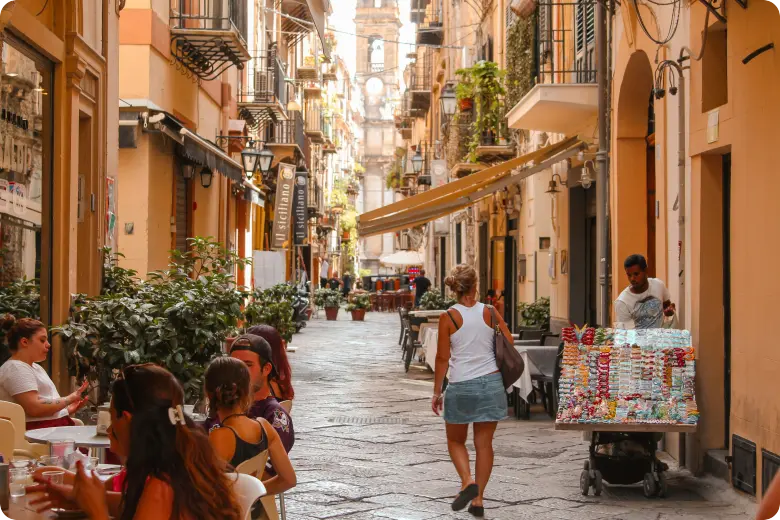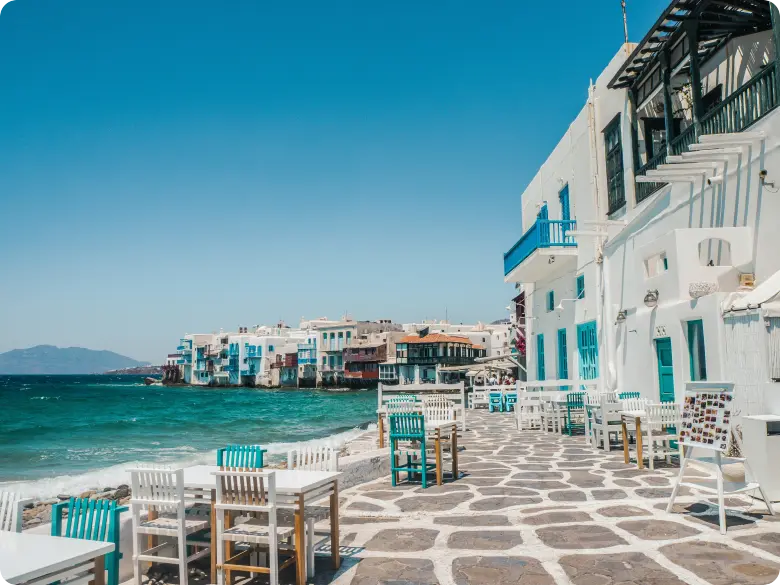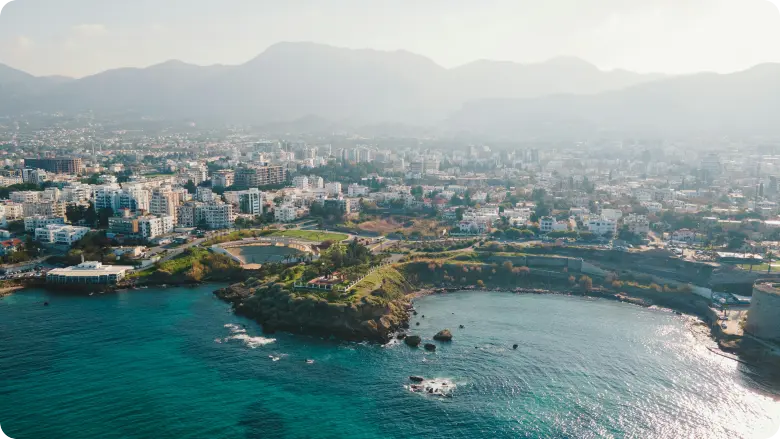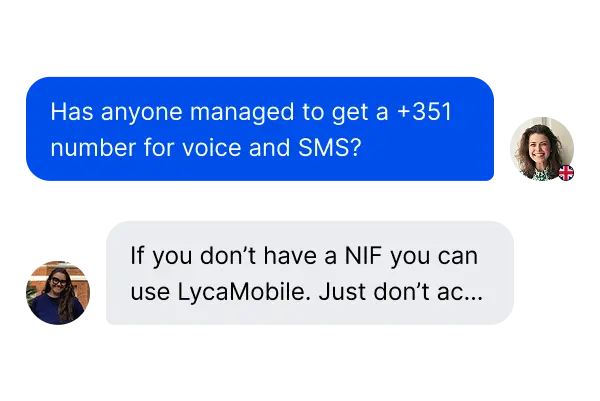How is the Italian visa system?
Italy, as a member of the Schengen Area, has a well-defined visa system. For long stays, which means, to live in Italy, however, you'll need to apply for a long-term National Visa (Type D).
Here are the main categories of residency visas that you should be aware of:
- Work Visa (Lavoro Subordinato): For those who have secured a job in Italy.
- Self-Employment Visa (Lavoro Autonomo): For freelancers and entrepreneurs.
- Elective Residency Visa (Residenza Elettiva): For those who can support themselves financially without working.
- Student Visa (Studio): For those who wish to study in Italy.
- Family Reunion Visa (Ricongiungimento Familiare): For joining family members who are already living in Italy.
- Golden Visa (Investor Visa): An investment-based visa program.
What are the most popular Italian residency visas?
Let's delve into the details of the most common visas for those looking to move to Italy.
Work Visa (Lavoro Subordinato)
If you've been offered a job in Italy, the Work Visa is the one for you. The process is typically initiated by your employer in Italy.
What you'll need:
- A job offer: Your employer will need to obtain a "Nulla Osta" (certificate of no impediment) from the relevant authorities in Italy.
- A work permit: Your employer will apply for this on your behalf.
The usual documents: You'll also need a valid passport, photos, a completed visa application form, and proof of accommodation and health insurance.











